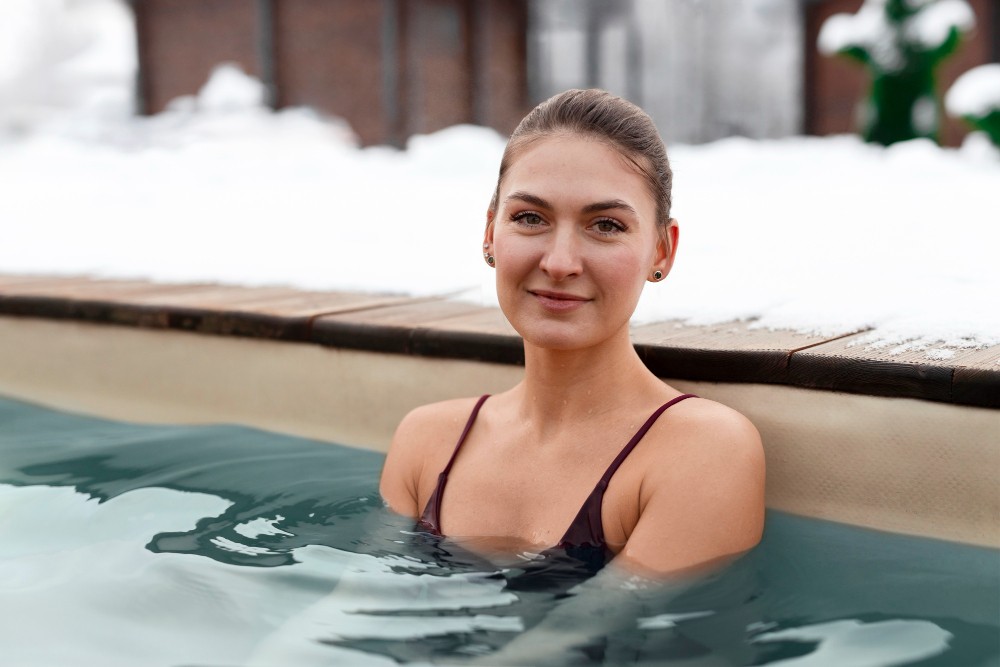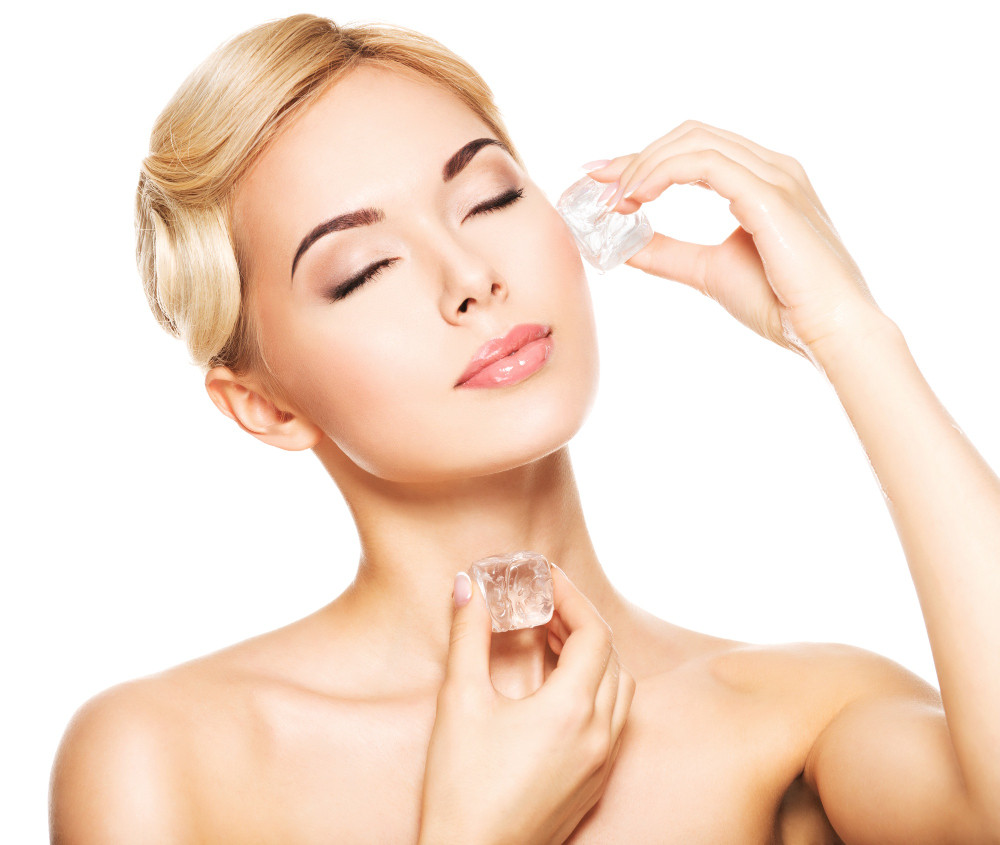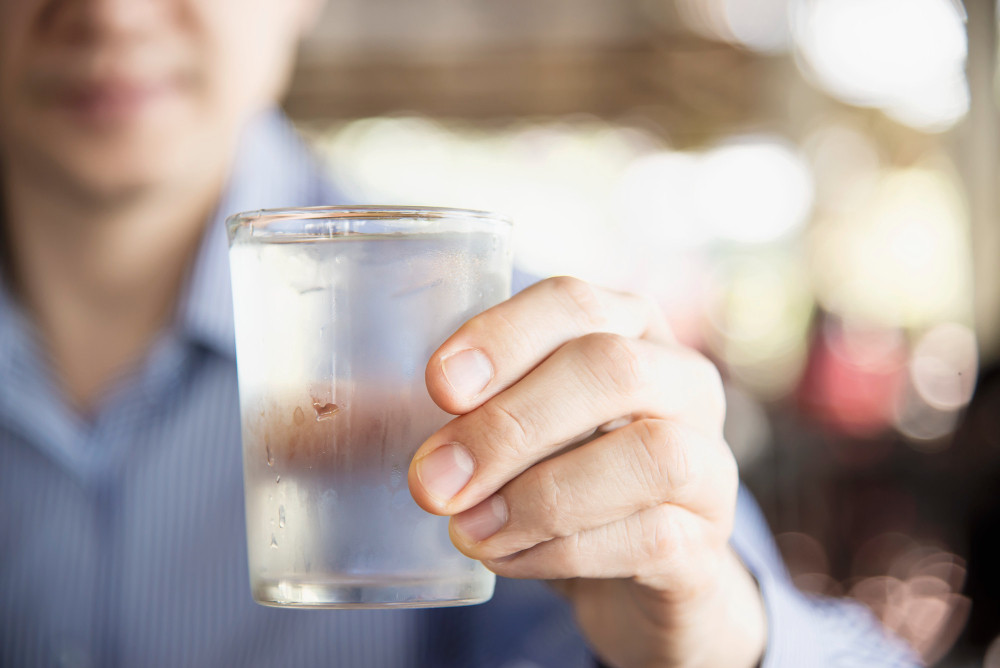Cold plunge or cold water immersion is a therapeutic technique that involves briefly soaking in cold water, believed to offer several health benefits. Widely used by athletes to aid in muscle recovery, this practice not only helps relax sore muscles but also provides numerous physical and mental health advantages. In this article, we’ll explore what a cold plunge is, how to perform it, and its potential benefits and risks.
What Is a Cold Plunge?
A cold plunge is a form of cryotherapy, where the body is immersed in cold or ice-cold water. The principle behind this therapy is that immersing the body in cold water lowers its internal temperature, reduces heat, and alters blood circulation.
Before trying this therapy, it's crucial to consult with a healthcare provider to ensure it's safe for you. This treatment is typically not recommended for individuals with heart conditions or those taking certain medications.
What you need for a cold plunge:
- A bathtub or container for soaking
- Cold water, ideally between 10-15º Celsius
- Ice cubes (if needed)
- Towels
- Thermal blankets
How to do a cold plunge:
- Fill the bathtub or container with cold water.
- Add ice cubes if desired to reach the right temperature.
- Slowly immerse yourself into the bath.
- Submerge your body, ensuring that your chest, shoulders, and head remain above water.
- Soak for about 5-10 minutes.
- After soaking, gently exit the water and dry off with a towel.
- Use a thermal blanket to help bring your body temperature back to normal.
Health Benefits of Cold Plunge
Although research on cold plunge therapy is still limited, initial studies suggest it offers several potential benefits, including:
Muscle Recovery Post-Exercise
For athletes, muscle soreness after intense exercise or competition is common. Cold water immersion can assist in muscle recovery by reducing pain and inflammation.
A review in the Journal of Sports Medicine supports the idea that cold plunges aid in recovery. However, it might not be ideal for muscle growth, as it can potentially hinder muscle development after exercise.
Reducing Stress and Anxiety
Cold water immersion is often linked to lower levels of stress and heightened feelings of calmness and well-being. Studies suggest that soaking in cold water for about five minutes can increase alertness, reduce stress, and improve mood.
Supporting Cardiovascular Health
Cold immersion can improve circulation by enhancing blood flow, lowering the heart rate, and supporting overall cardiovascular function. However, if you have heart-related issues, it is essential to consult with a doctor before attempting this therapy.
Cold Plunge Risks
Although cold water immersion has many benefits, it also carries certain risks that should not be ignored. One significant concern is "cold shock," which may lead to uncontrolled breathing, heart problems, high blood pressure, or mental confusion.
Other risks include muscle fatigue, numbness, and the possibility of arrhythmia. Cold exposure for too long can also result in hypothermia, so it’s important to be prepared with warm towels or blankets afterward.
Given the potential risks, this therapy is not recommended for elderly individuals. Always take necessary precautions and ensure you're following the correct procedure. If you're unsure about trying a cold plunge, it’s best to consult with a healthcare professional first.
For health-related inquiries, you can easily consult a doctor via the Ai Care app, available for download from the App Store or Play Store.
Want more health tips, first aid advice, and home remedies? Click here!
- dr Hanifa Rahma
Sherwood, A. (2024). Cold Plunge: Is It Safe?. Available from: https://www.webmd.com/a-to-z-guides/cold-plunge
Jagim, A. (2024). Can taking a cold plunge after your workout be beneficial?. https://www.mayoclinichealthsystem.org/hometown-health/speaking-of-health/cold-plunge-after-workouts
Gordon, S. (2024). What Is Cold Plunging?. Available from: https://www.health.com/cold-plunging-8424040
Hullet, A. (2024). The Risks and Benefits of Cold Plunges. Available from: https://www.healthline.com/health/are-cold-plunges-good-for-you












